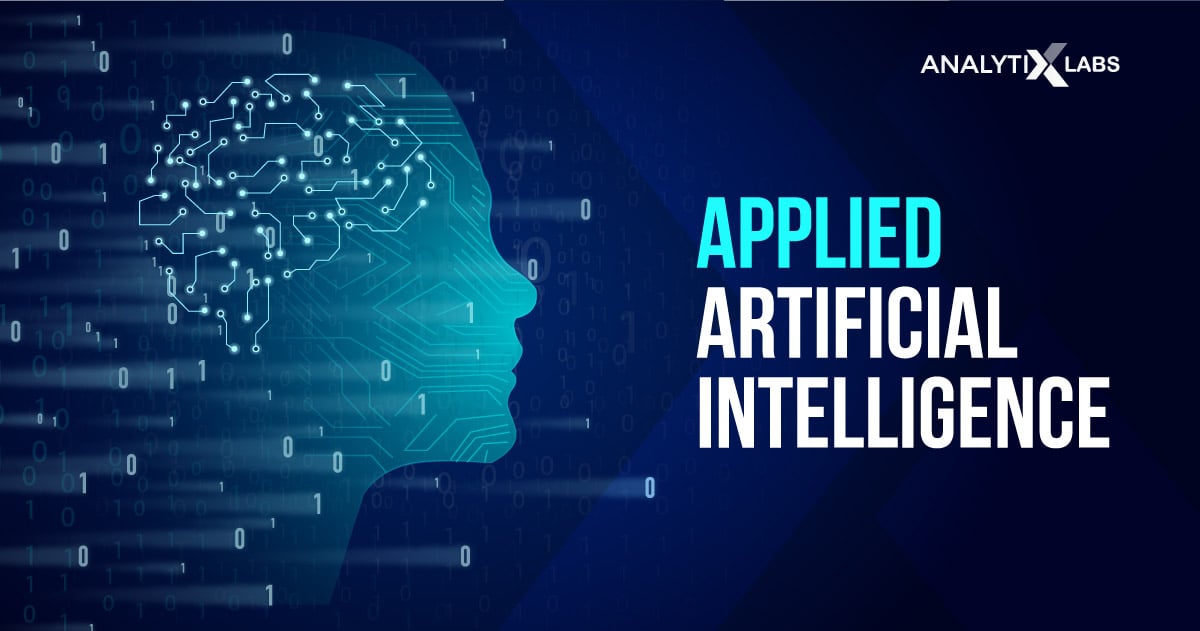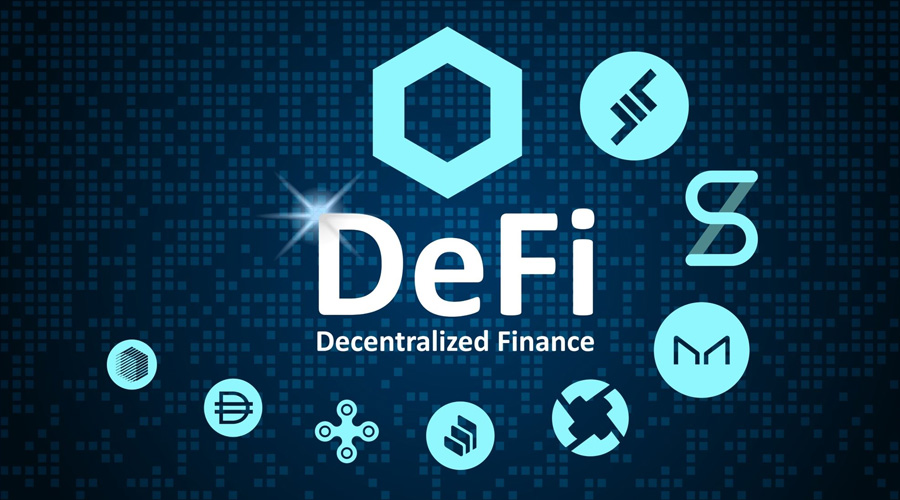Artificial intelligence (AI) and blockchain technology integration have enormous potential to improve many facets of human life. Let’s investigate how combining these two potent technologies can improve happiness and wellbeing:
- Data Security and Privacy:
- Blockchain ensures secure and transparent data storage. By combining it with AI, we can create privacy-preserving AI models. Individuals can retain control over their personal data while benefiting from AI-driven insights1.
- Healthcare and Medical Research:
- Blockchain can securely store health records, ensuring data integrity and accessibility. AI algorithms can analyze this data to improve diagnostics, personalized treatments, and drug discovery.
- Imagine AI-powered tools that predict health risks, recommend preventive measures, and enhance overall well-being.
- Decentralized AI Models:
- Blockchain allows the creation of decentralized AI models. Instead of relying on a central server, AI computations can occur across a network of nodes.
- Decentralized AI democratizes access, promotes fairness, and prevents monopolies.
- Supply Chain Transparency:
- Blockchain ensures transparency in supply chains. AI can analyze supply chain data to optimize logistics, reduce waste, and ensure ethical sourcing.
- Consumers benefit from knowing the origins of products they purchase, contributing to overall satisfaction.
- Smart Contracts and AI Automation:
- Smart contracts on blockchain platforms can automate processes. AI algorithms can trigger these contracts based on predefined conditions.
- For example, an AI-driven insurance claim system could automatically process claims when specific criteria are met.
- Education and Lifelong Learning:
- Blockchain can verify educational credentials, making them tamper-proof. AI-powered personalized learning platforms can adapt to individual needs.
- Lifelong learning becomes more accessible, leading to personal growth and fulfillment.
- Social Impact and Philanthropy:
- Blockchain-based donation platforms ensure transparency in charitable giving. AI can analyze impact data and optimize resource allocation.
- Individuals can contribute to causes they care about, fostering happiness through meaningful actions.
- Environmental Conservation:
- Blockchain can track carbon emissions, wildlife conservation efforts, and sustainable practices. AI models can predict ecological changes.
- Knowing that our actions positively impact the planet contributes to overall well-being.
- Entertainment and Creativity:
- Blockchain-based NFTs (non-fungible tokens) enable artists, musicians, and creators to monetize their work directly.
- AI-generated art, music, and storytelling add new dimensions to creativity and enjoyment.
- Community Building and Collaboration:
- Blockchain communities thrive on collaboration. AI can facilitate matchmaking, connecting people with shared interests.
- Engaging with like-minded individuals fosters a sense of belonging and happiness.
In summary, the convergence of blockchain and AI offers exciting possibilities for improving human life. Whether it’s health, education, creativity, or social impact, these technologies can contribute to our collective well-being.
Implementing decentralized AI models presents several challenges, but it also offers exciting opportunities. Let’s delve into some of the key obstacles:
- Scalability:
- Decentralized models often involve multiple nodes (computers) collaborating to train or execute AI algorithms. As the network grows, scalability becomes critical.
- Ensuring efficient communication, synchronization, and load balancing across nodes is challenging.
- Data Privacy and Security:
- Decentralization relies on distributing data across nodes. However, maintaining privacy while sharing data is complex.
- Techniques like federated learning and homomorphic encryption address this challenge but require careful implementation.
- Consensus Mechanisms:
- Blockchains use consensus algorithms (e.g., Proof of Work, Proof of Stake) to validate transactions. Applying these to AI training introduces latency.
- Balancing consensus requirements with real-time AI processing is a trade-off.
- Model Aggregation:
- Combining model updates from different nodes is crucial. Federated learning aggregates local models, but handling model heterogeneity and drift is nontrivial.
- Ensuring that the aggregated model reflects the collective knowledge without compromising accuracy is challenging.
- Incentive Alignment:
- In decentralized networks, participants (nodes) need incentives to contribute resources (compute power, data). Token-based incentives (cryptocurrencies) can align interests.
- Designing fair and effective incentive mechanisms is an ongoing challenge.
- Fault Tolerance and Byzantine Attacks:
- Nodes may fail, behave maliciously, or provide incorrect updates. Byzantine fault tolerance ensures robustness.
- Detecting and mitigating adversarial behavior is essential for reliable decentralized AI.
- Latency and Real-Time Processing:
- Decentralized models introduce communication delays due to network propagation and consensus.
- Real-time applications (e.g., autonomous vehicles, live video analysis) require low latency, posing a challenge.
- Energy Efficiency:
- Proof of Work blockchains (e.g., Bitcoin) consume significant energy. Decentralized AI models must balance accuracy with energy efficiency.
- Exploring Proof of Stake or other eco-friendly consensus mechanisms is crucial.
- Interoperability:
- Different blockchains and AI frameworks exist. Ensuring seamless interaction between them is complex.
- Standards and protocols for cross-chain communication and model exchange are evolving.
- Governance and Decision-Making:
- Decentralized networks lack a central authority. Decision-making involves consensus among participants.
- Establishing effective governance models for AI development, upgrades, and bug fixes is an ongoing challenge.
Despite these challenges, decentralized AI models offer benefits like transparency, censorship resistance, and community-driven development. As research and innovation continue, we’ll see exciting advancements in this space!
Here are some successful examples of decentralized AI applications:
- ThoughtAI (THT):
- ThoughtAI focuses on decentralized AI research and development. It aims to create open networks where machine intelligence can coordinate towards shared objectives. By leveraging blockchain technology, ThoughtAI turns black-box AI systems into transparent, trustless applications.
- Bittsensor (TAO):
- Bittsensor explores decentralized approaches to data sensing and analysis. It combines AI algorithms with blockchain-based data collection, ensuring privacy, security, and transparency. Bittsensor’s goal is to empower individuals and organizations with decentralized AI-driven insights.
- LilAI (LILAI):
- LilAI stands out for its AI-powered chatbots and natural language processing capabilities. It contributes to improving online community management by providing efficient and decentralized language-based interactions. LilAI’s approach demonstrates the potential of decentralized AI in enhancing communication and engagement1.
- Ocean Protocol (OCEAN):
- Ocean Protocol focuses on data sharing and monetization. It enables individuals and organizations to share data securely while maintaining control over access and usage. By integrating AI models with decentralized data marketplaces, Ocean Protocol facilitates AI-driven insights across various domains.
These projects showcase the diverse applications of decentralized AI, from research and community management to data sharing and privacy-enhanced analytics.
As the field continues to evolve, we can expect more innovative solutions that harness the power of both AI and blockchain.


